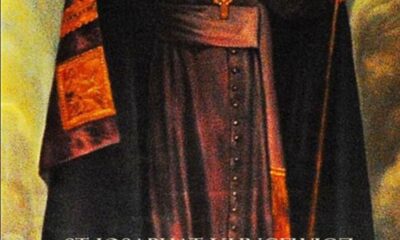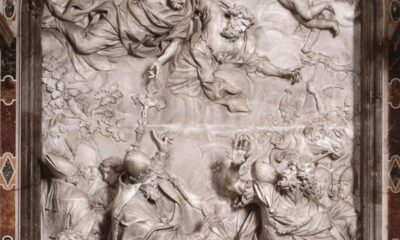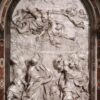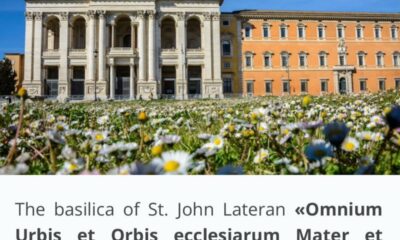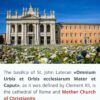Living
Thirty Third Sunday In Ordinary Time
Dan 12.1-13;
Ps 15;
Heb 10.11-14, 18;
Mk 13.24-32
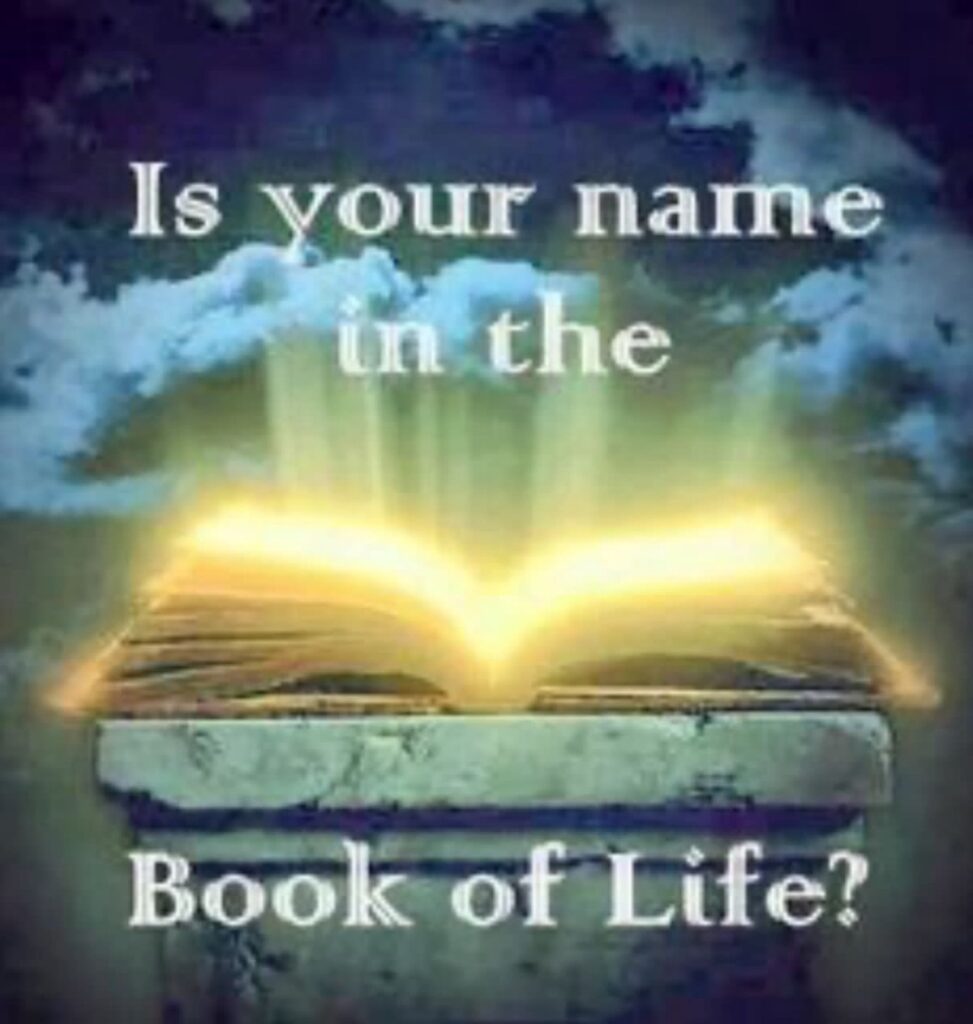
ARE YOU STANDING AND AWAKE TO ENCOUNTER THE SON OF GOD
Certain Biblical scholars display considerable enthusiasm regarding the passage from the Gospel according to Saint Mark. They refer to this passage as the “Marcan Apocalypse” due to its themes and language, which pertain to the conclusion of the world as it is currently understood, as well as the anticipated return in glory of the Son of Man.
The terminology and concepts present in this passage resonate with those found in the final book of the Bible, the Book of the Apocalypse, which states: “The sun will be darkened, the moon will lose its brightness, the stars will come falling from heaven, and the powers in the heavens will be shaken.”
The apocalyptic tradition originated in the Book of Daniel found in the Old Testament, and it significantly influenced the upbringing of Jesus Christ. The Law, which comprises the first five books of the Old Testament, served as the cornerstone of Jewish life. The Psalms contributed to the liturgical practices, while the historical books recounted the reigns of significant figures such as Kings David and Solomon.
The prophets articulated the necessity for transformation, repentance, and justice. In this context, there existed an underlying expectation that the world would ultimately come to an end, accompanied by cosmic signs, leading to the establishment of God’s kingdom.
Therefore, it is not unexpected that the Gospel of Mark recounts Jesus cautioning his disciples to remain vigilant and to observe the signs signaling the impending conclusion of the world.
As the twentieth century approached its conclusion, numerous predictions suggested that the turn of the millennium would herald the end of the world, a concept often referred to as “millenarianism.” This sentiment was evident in the year 999 AD and similarly echoed in 1999 AD.
Many individuals contemplated this notion, occasionally accompanied by a sense of apprehension. This anticipation was prevalent during the time of Christ when the imminent end of the world was expected within a generation.
However, Christ placed little emphasis on such predictions, stating: “As for that day or hour, nobody knows it, neither the angels of heaven nor the Son; no one but the Father.”
In both the Book of Daniel and the Book of Revelation, we encounter the figure of Saint Michael the Archangel as a symbol of the end times. Our first reading at Mass began with the proclamation: “At that time, Michael will stand up, the great prince who guards your people.” He serves as Israel’s guardian and protector and is recognized as one of the leaders of the heavenly host, which we honor in the Sanctus at Mass: “Holy, holy, holy, Lord God of hosts.” In the Book of Revelation, Michael leads the heavenly battle and defeats the dragon, Satan. In the early Church, Saint Michael emerged as an intercessor, petitioning for the deliverance of souls from hell.
Later depictions portray him weighing souls at the end of time. Numerous holy sites and churches have been established in honor of his visions and appearances. So the figure of Saint Michael inspires both anxiety and courage.
Anxiety is associated with the end of time and with judgment, which we naturally feel anxious about. But also courage, because he is a sign of the triumph of good over evil, of the saving power of God to raise just and righteous souls to heaven.
So, too, with the idea of Our Lord’s Second Coming. He speaks about this as a time of signs of doom and fear, yet it is also a time of liberation and salvation. The writer to the Hebrews in our second reading reminded us that salvation is already accomplished: “Christ has offered one single sacrifice for sins, and has taken his place forever, at the right hand of God… by that one single offering he has achieved the perfection of all whom he is sanctifying.”
The work is done. The gateway to eternal life has been opened for us. On the Cross, He called out, “It is accomplished.” This is why Christianity has always seen us as living through the end times. God created the world. Christ redeemed it. Now we await the consummation.
In this eternal perspective, where to God a thousand years are but a day, the actual date and hour for the end of the world are pretty insignificant! So whether we see it in our generation, or whether there are another two millennia of Christian history does not affect the fact that “it is accomplished.”
What is quite certain is that our earthly life will end, and with it, the opportunity to choose for God, to serve in His army, to sign up on the side of the heavenly host. So the need to decide and act is as urgent as if the world were to end tomorrow.
The doctrine of Purgatory is much misunderstood by non-Catholics. To some Protestants the whole idea is unacceptable, but to many good-hearted Christians, it seems attractive. They make the mistake of seeing it as a place where souls are “free to choose”.
The idea is that if you reject or ignore God in this life, you will get another chance after death. This nice, comforting, liberal construction of the human mind is absolutely wrong! Catholic doctrine, based on Scripture, is clear that we are judged when we die.
The record of our earthly life is weighed and at that point our future is sealed. Heaven or Hell. Purgatory is a place of preparation for Heaven for those souls destined for eternal life, but with punishment for sin still to be undergone – a place of purification and cleansing. No decisions can be made there.
Regardless of whether the world will conclude within our lifetime, it is imperative that we prepare ourselves to face our ultimate judgment. The Mass plays a crucial role in cultivating this sense of urgency. Following our petition for the establishment of God’s Kingdom in the Our Father, the priest articulates the subsequent prayer: “Deliver us, Lord, from every evil, and grant us peace in our day.
In Your mercy, keep us free from sin and protect us from all anxiety as we await in joyful hope for the coming of our Saviour, Jesus Christ.” This prayer subtly underscores our acknowledgment of the ongoing struggle against evil, supported by Saint Michael and his angels. It seeks divine protection from sin, indicating a presumption of being in a state of grace.
Furthermore, it implores God to shield us from unnecessary anxiety regarding the future, thereby fostering a sense of dependence and trust in Him. The expression “as we wait in joyful hope” encapsulates the ideal Catholic disposition towards the inevitability of death or, should it occur first, the end of the world.
How can we cultivate positive attitudes and uphold grace in our lives? Additionally, how can we remain practically prepared? This may be accomplished through engaging in the Sacrament of Confession, attending Mass, participating in prayer, studying Scripture, seeking the intercession of the Blessed Virgin Mary, Saint Michael, and all the saints, as well as undertaking acts of charity.
We hope that these essential and time-honored Catholic practices will experience a renewed and dynamic presence in our lives as we await the coming of our Savior, Jesus Christ, with joy and anticipation.
Fr Joseph Osho




